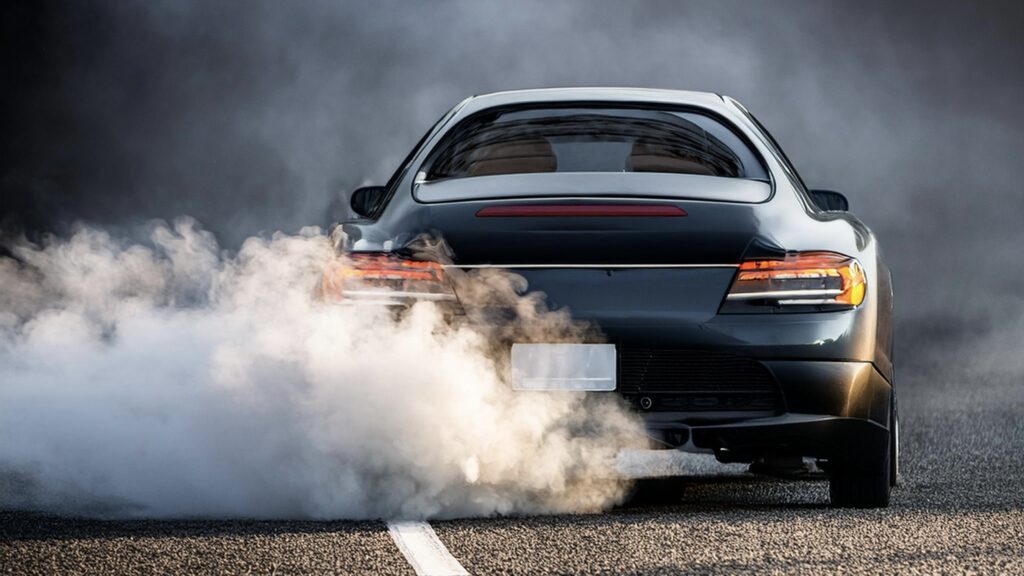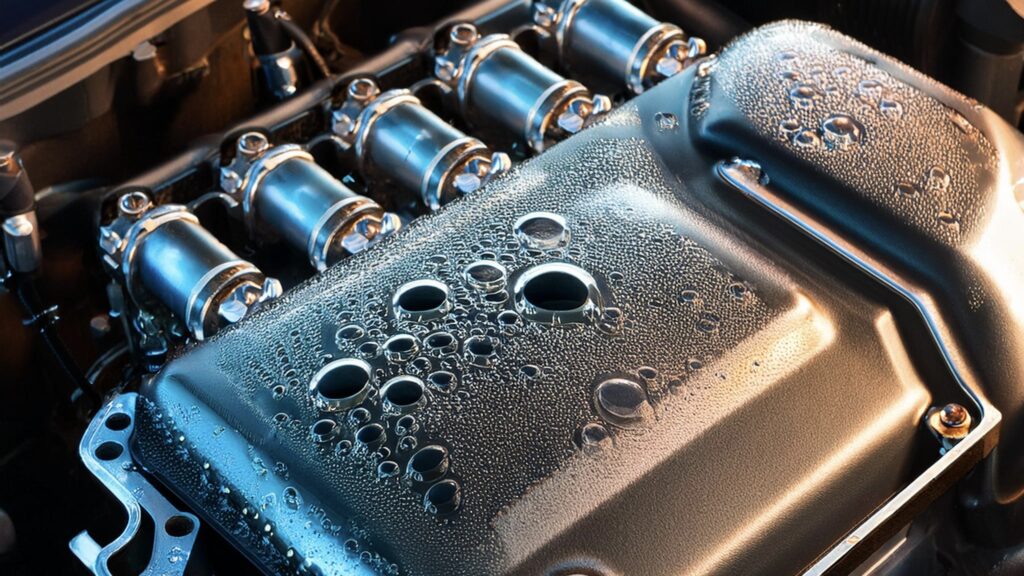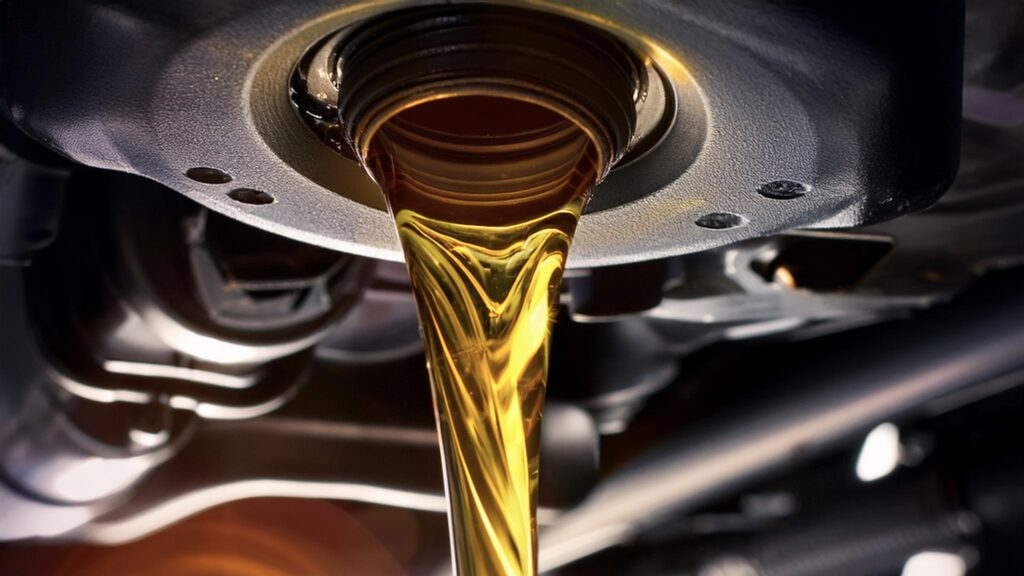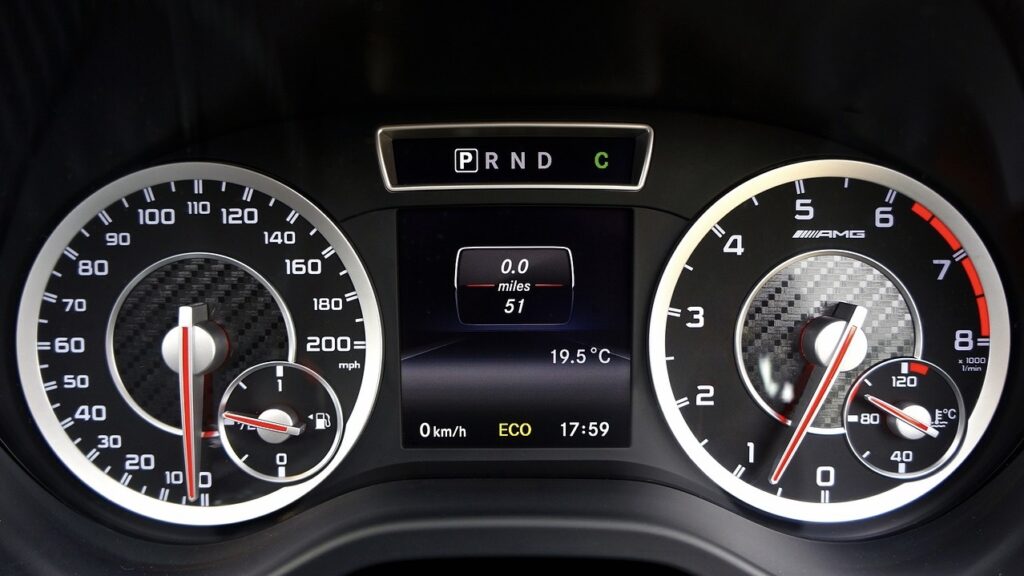What Does White Smoke from Exhaust Mean? Understanding the Causes and Solutions
Seeing white smoke emerging from your vehicle’s exhaust can be alarming, and many drivers find themselves asking, “What does white smoke from exhaust mean?” This phenomenon can indicate various underlying issues that might affect engine performance and longevity. In this blog post, we’ll delve into the potential causes of white smoke, its implications for both supercars and standard vehicles, and valuable tips for addressing this issue.

Common Causes of White Smoke
Coolant Leakage
One of the primary reasons for white smoke from the exhaust is coolant entering the combustion chamber. This typically occurs due to a blown head gasket, a cracked engine block, or a damaged cylinder head. When coolant leaks into the combustion chamber, it vaporizes and exits through the exhaust as white smoke.

Scenario:
1. Imagine driving a high-performance supercar like the Ferrari 488. One day, you notice a plume of white smoke emerging from the exhaust as you accelerate. After a quick check, you find that your coolant levels are low. The mechanics soon confirm a blown head gasket. Not only is this causing the white smoke, but it also threatens the engine’s integrity, requiring immediate attention to avoid catastrophic damage.
2. Now consider a standard vehicle, such as a Honda Civic. You notice similar white smoke during your morning commute. A quick look reveals low coolant levels, and a mechanic later confirms a small leak. While this situation might not seem as critical as with the supercar, neglecting it could lead to overheating and costly repairs down the line.
Condensation
If white smoke appears only during initial startup, it might just be condensation evaporating. This is particularly common in colder weather conditions. As the engine warms up, the moisture evaporates, and the smoke dissipates.

Scenario:
1. Picture yourself in a Lamborghini Hurricane on a chilly morning. As you start the engine, you see white smoke coming from the exhaust. After a few minutes, the smoke clears up completely. It turns out that the smoke was merely condensation—nothing to worry about. Understanding this can save you from unnecessary panic.
2. In contrast, let’s say you’re driving a Toyota Corolla. You notice white smoke only during startup, which disappears shortly thereafter. Like the Lamborghini, this is just condensation. While it’s essential to monitor your vehicle, this scenario is often harmless.
Fuel Mixture Issues
An improper fuel-air mixture can also lead to white smoke. If there’s an excessive amount of fuel in the combustion chamber, it can create a smoky exhaust. This situation often arises from a malfunctioning fuel injector or a clogged air filter.

Scenario:
1. Picture yourself in a Lamborghini Hurricane on a chilly morning. As you start the engine, you see white smoke coming from the exhaust. After a few minutes, the smoke clears up completely. It turns out that the smoke was merely condensation—nothing to worry about. Understanding this can save you from unnecessary panic.
2. In contrast, let’s say you’re driving a Toyota Corolla. You notice white smoke only during startup, which disappears shortly thereafter. Like the Lamborghini, this is just condensation. While it’s essential to monitor your vehicle, this scenario is often harmless.
Transmission Fluid
In some rare cases, white smoke may be caused by burning transmission fluid. This typically happens when there’s a problem with the vacuum modulator. If this is the case, drivers may also notice a sweet smell accompanying the smoke.
Scenario:
1. You’re behind the wheel of a Porsche 911 when you begin to notice white smoke. As you investigate, the mechanic identifies that burning transmission fluid is the culprit. Although this issue may not directly affect engine performance, it could lead to significant mechanical failures if not addressed quickly.
2. On the other hand, a Chevrolet Malibu might display similar symptoms. If burning transmission fluid goes unchecked, it could lead to complete transmission failure, highlighting the importance of understanding what white smoke from exhaust means.
Oil Leak
Another potential cause of white smoke is burning oil. If oil is leaking into the combustion chamber due to worn piston rings or valve seals, it can create white smoke as it burns off. This is a serious issue that can indicate significant engine wear.
Scenario:
1. Picture a high-mileage Subaru WRX, known for its turbocharged engine. If you start noticing white smoke during acceleration, it might be a sign that oil is leaking into the combustion chamber. Ignoring this can lead to increased wear and tear, ultimately requiring a costly rebuild.
2. For a standard vehicle like a Hyundai Elantra, a similar oil leak can manifest as white smoke. This problem not only affects performance but can also lead to lower oil levels, which may result in engine damage over time.

Injector Issues
Faulty fuel injectors can also lead to white smoke, particularly if they are leaking. If the injector is allowing excess fuel to enter the combustion chamber, it can lead to incomplete combustion, resulting in white smoke.
Scenario:
1. Imagine driving a performance vehicle like a BMW M3. If the fuel injectors are malfunctioning, they may deliver too much fuel to the engine, causing white smoke to billow from the exhaust during acceleration. Quick diagnosis and repair are crucial to maintain the performance of this high-end car.
2. For a regular vehicle like a Nissan Sentra, similar injector issues can also produce white smoke. Regular maintenance and timely repairs can help avoid more severe engine problems.
What Does White Smoke from Exhaust Mean for Your Vehicle?
The appearance of white smoke isn’t a trivial matter. Here are some implications to consider:
- Potential Engine Damage: White smoke often indicates coolant leaking into the engine, which can lead to serious internal damage. For both supercars and standard vehicles, this could result in costly repairs or engine replacements.
- Need for Maintenance: Regular maintenance is vital to prevent issues that cause white smoke. Understanding the meaning behind the smoke can help you stay proactive, whether you drive a luxury supercar or a reliable family car.
- Safety Concerns: Depending on the cause of the white smoke, it may affect vehicle performance and safety. Neglecting these signs can result in accidents or breakdowns.
Solutions and Tips



1. Check Your Coolant Levels
If you suspect coolant leakage, your first step should be to check the coolant levels. For both supercars and standard vehicles, low coolant levels often indicate a leak. Look for visible signs of coolant on the ground beneath your vehicle, as well as any unusual readings on your temperature gauge.
2. Visit a Mechanic
If the white smoke persists, it’s crucial to consult a trusted mechanic for a thorough inspection. They can perform tests to determine whether you have a blown head gasket, a cracked cylinder head, or another issue causing the smoke. This step is vital for both performance vehicles and everyday cars to prevent further damage.
3. Monitor Engine Temperature
Monitor your engine temperature gauge closely. If your engine is overheating, it could signal coolant issues that may lead to white smoke. Both supercar enthusiasts and regular drivers should prioritise engine temperature management.
4. Maintain Your Vehicle
Regular maintenance, such as oil changes, air filter replacements, and coolant system checks, can help prevent issues that lead to white smoke. A properly maintained engine is less prone to issues. This is especially important for high-performance vehicles that operate under more demanding conditions.
5. Don’t Ignore Warning Signs
If you notice unusual smells, sounds, or performance issues alongside white smoke, address them immediately. Early intervention can save you from costly repairs down the line, whether you own a high-end supercar or a standard vehicle.
Conclusion
So, what does white smoke from exhaust mean? It can indicate anything from harmless condensation to serious engine issues like coolant leaks or oil burning. Understanding these signs is crucial for maintaining your vehicle’s health, regardless of whether you drive a supercar or a standard vehicle. By being proactive and attentive to your car’s needs, you can keep it running smoothly and avoid expensive repairs.
If you’re ever in doubt, don’t hesitate to consult a professional mechanic to get a clearer picture of what’s happening under the hood. Ignoring the signs can lead to more significant problems down the line, so staying informed is your best bet for a well-functioning vehicle.


